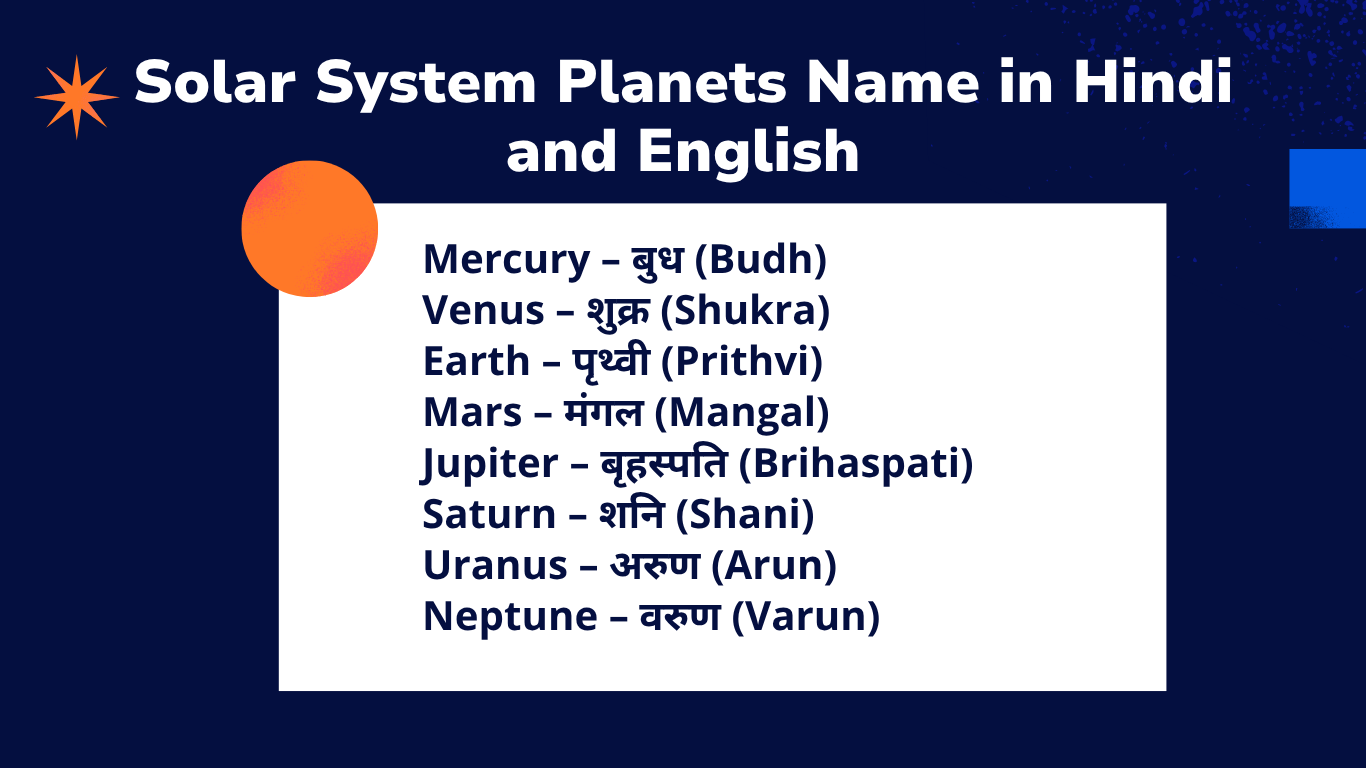
9/6/2024
India at the Olympics: Medals and Moments
Post-Independence Success and Hockey's Golden Era The 1948
London Olympics were particularly significant for India, as it was the first time the country competed as an independent nation. The Indian hockey team, once again, rose to the occasion and won the gold medal, defeating Great Britain 4-0 in the final. This victory was symbolic, as it marked India's triumph over its former colonial rulers on the international stage. Balbir Singh Sr., who scored two goals in the final, became a national hero and a symbol of India's resurgence. India's dominance in hockey continued through the 1950s and 1960s, with the team winning gold medals at the 1952 Helsinki Olympics, 1956 Melbourne Olympics, and 1964 Tokyo Olympics. The 1956 victory in Melbourne was particularly remarkable as India did not concede a single goal throughout the tournament. Balbir Singh Sr.'s hat-trick in the 1952 final and his leadership in 1956 further cemented his status as a legendary figure in Indian sports. While hockey was India's most successful sport at the Olympics, the country also began to make strides in other disciplines. In 1952, wrestler K.D. Jadhav won India's first individual Olympic medal, a bronze in freestyle wrestling at the Helsinki Games. Jadhav's achievement was a breakthrough moment for Indian athletes outside of hockey, inspiring future generations to pursue excellence in various sports. The 1960s and 1970s saw India's hockey dominance begin to wane, but the team still managed to secure bronze medals in the 1968 Mexico City Olympics and the 1972 Munich Olympics. However, the 1980 Moscow Olympics provided a final hurrah for Indian hockey, as the team won its eighth gold medal, albeit in a tournament that was boycotted by several major hockey-playing nations. This victory remains India's last Olympic gold medal in hockey, marking the end of an era.
The rise of individual excellence
As India's hockey prowess declined, the focus shifted to individual sports, where Indian athletes made their mark. The 1996 Atlanta Olympics were a turning point, as Leander Paes won a bronze medal in tennis, becoming the first Indian to win an individual Olympic medal in 44 years. Paes' achievement was a landmark moment, rekindling India's passion for the Olympic Games and demonstrating that the country could compete at the highest level in individual events. The 2000 Sydney Olympics saw another landmark moment when Karnam Malleswari became the first Indian woman to win an Olympic medal. Competing in weightlifting, Malleswari won a bronze medal in the women's 69 kg category, breaking barriers and inspiring countless women across India to pursue sports. India's success in shooting began to take shape in the early 2000s, when Rajyavardhan Singh Rathore won a silver medal in the men's double trap event at the 2004 Athens Olympics. Rathore's achievement was a significant milestone, as it marked India's return to the Olympic podium after a gap of eight years. His success paved the way for future generations of Indian shooters who would go on to achieve even greater heights. The 2008 Beijing Olympics was a watershed moment for Indian sports. Competing in the 10 m air rifle event, Abhinav Bindra won India's first individual gold medal. Bindra's calm and composed performance in the final made him a national hero and his victory was celebrated across the country. The Beijing Games saw boxer Vijender Singh win a bronze medal in the middleweight category and wrestler Sushil Kumar win a bronze medal in freestyle wrestling, marking India's most successful Olympics to date.
Recent success and the rise of new heroes
The 2012 London Olympics further cemented India's status as an emerging sporting nation. The country won a total of six medals, its highest ever medal haul at the Olympics. Sushil Kumar, who won a bronze medal in 2008, won a silver medal in wrestling and became the first Indian athlete to win two individual Olympic medals. Shooter Vijay Kumar won a silver medal in the men's 25m rapid fire pistol event, while Yogeshwar Dutt won a bronze medal in wrestling. The London Games also saw the rise of female athletes as Indian sporting icons. Indian badminton pioneer Saina Nehwal won a bronze medal and became the first Indian badminton player to win an Olympic medal. Five-time world champion boxer Mary Kom also won a bronze medal in the women's flyweight category and further cemented her legacy as one of India's greatest athletes. The 2016 Rio Olympics were a testament to the growing strength of Indian women. P.V. Sindhu became the first Indian woman to win a silver medal at the Olympics and finished runner-up in the women's singles badminton event. Sindhu's achievement was celebrated across the country and she became a symbol of hope and inspiration for young athletes. Wrestler Sakshi Malik also created history by winning a bronze medal, becoming the first Indian woman wrestler to win an Olympic medal. At the Tokyo 2020 Olympics, held in 2021 due to the COVID-19 pandemic, India achieved another milestone by winning seven medals, its highest medal haul to date. Neeraj Chopra's gold medal in javelin throw was the highlight of the Games, as he became the first Indian athlete to win an Olympic gold in track and field. Chopra's win was a historic moment for Indian sports, as it ended the country's long wait for a gold medal in athletics. At the Tokyo Games, P.V. Sindhu also won her second Olympic medal by winning a bronze medal in badminton, making her the first Indian woman to win two Olympic medals. Wrestler Ravi Kumar Dahiya won a silver medal, while Bajrang Punia secured a bronze medal in wrestling. The Indian men's hockey team also made a stunning comeback by winning the bronze medal after a gap of 41 years, rekindling the passion for the sport in the country.
Conclusion
India's journey at the Olympics has been a story of resilience, determination, and gradual progress. From early victories in hockey to the emergence of individual excellence, Indian athletes have constantly pushed the boundaries and redefined what is possible. The nation has come a long way from its humble beginnings, and today, India is recognised as a competitive force across various disciplines on the global stage. The medals and moments that define India's Olympic history are a testament to the hard work and dedication of its athletes, coaches, and support staff. These achievements have not only made the country proud but also inspired millions of young Indians to dream big and excel in sports. As India looks towards future Olympic Games, hope the country continues its successes and creates even more memorable moments.
Latest Posts
Comments
No comments available.







